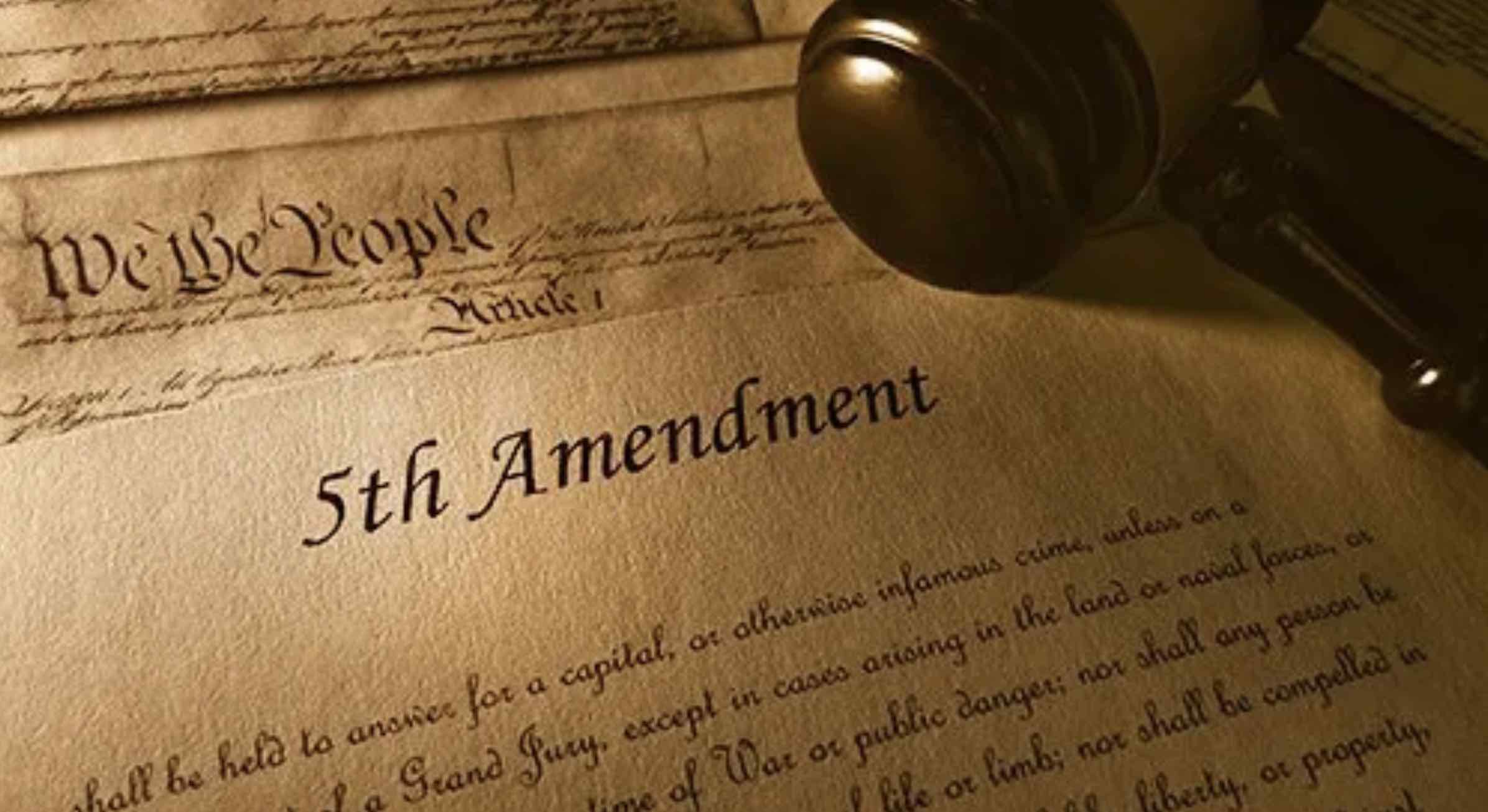As Matthew wrote in his blog this morning, on Thursday, we are presenting with Steve Davis on “What does it mean when the Supreme Court says just compensation is ‘self-executing?'” at the ALI CLE Eminent Domain and Land Valuation Litigation conference in Austin, Texas. There has been a lot of hoopla about Chat GPT lately, so I was curious to ask it that question. Here is Chat GPT’s response:
The Just Compensation Clause, also known as the Takings Clause, is found in the Fifth Amendment to the United States Constitution. It states that “private property [shall not] be taken for public use, without just compensation.” This clause is a crucial protection for property owners against the government’s power of eminent domain, which allows it to seize private property for public projects such as building roads or schools.
The question of whether the Just Compensation Clause is “self-executing” refers to whether it can be enforced directly by an individual in a court of law, without the need for additional legislative action. The concept of a self-executing provision is important because it determines the availability of remedies for individuals who believe their rights have been violated.
There is debate among legal scholars and courts as to whether the Just Compensation Clause is self-executing. Some argue that it is not self-executing because it does not explicitly provide a private right of action, or a legal mechanism for an individual to bring a lawsuit to enforce the provision. Others argue that the clause is self-executing because it is a fundamental protection of property rights, and the availability of remedies should not depend on legislative action.
One factor that has influenced the debate is the Supreme Court’s decision in Armstrong v. United States, in which the Court held that the Just Compensation Clause is not self-executing. In this case, the Court reasoned that the clause does not provide a private right of action, and that Congress has the authority to determine the remedies available for takings.
However, other courts and legal scholars have rejected the Armstrong decision and have argued that the Just Compensation Clause is self-executing. They point to the fact that the clause is included in the Bill of Rights, which consists of fundamental protections for individuals against government abuse of power. They argue that the availability of remedies should not depend on legislative action, and that the Just Compensation Clause should be enforceable directly by individuals in court.
In conclusion, the question of whether the Just Compensation Clause is self-executing is a matter of debate among legal scholars and courts. While some argue that it is not self-executing because it does not explicitly provide a private right of action, others argue that it is self-executing because it is a fundamental protection of property rights. Ultimately, the question may be resolved by the Supreme Court, which has the final say on the meaning of the Constitution.
It looks like Chat GPT needs some more work. The Court did not hold in Armstrong v. United States that the Just Compensation Clause is not self-executing. And if it did, we would not still be awaiting resolution by the Supreme Court, as the final paragraph suggests. If you are curious about the topic—which I find fascinating—feel free to read Matthew’s blog. In it, he previews our presentation by explaining how barriers have prevented property owners—even some who have been awarded judgments for just compensation—from obtaining just compensation in lower federal courts despite the Supreme Court’s repeated pronouncement that the Just Compensation Clause is “self-executing.”

